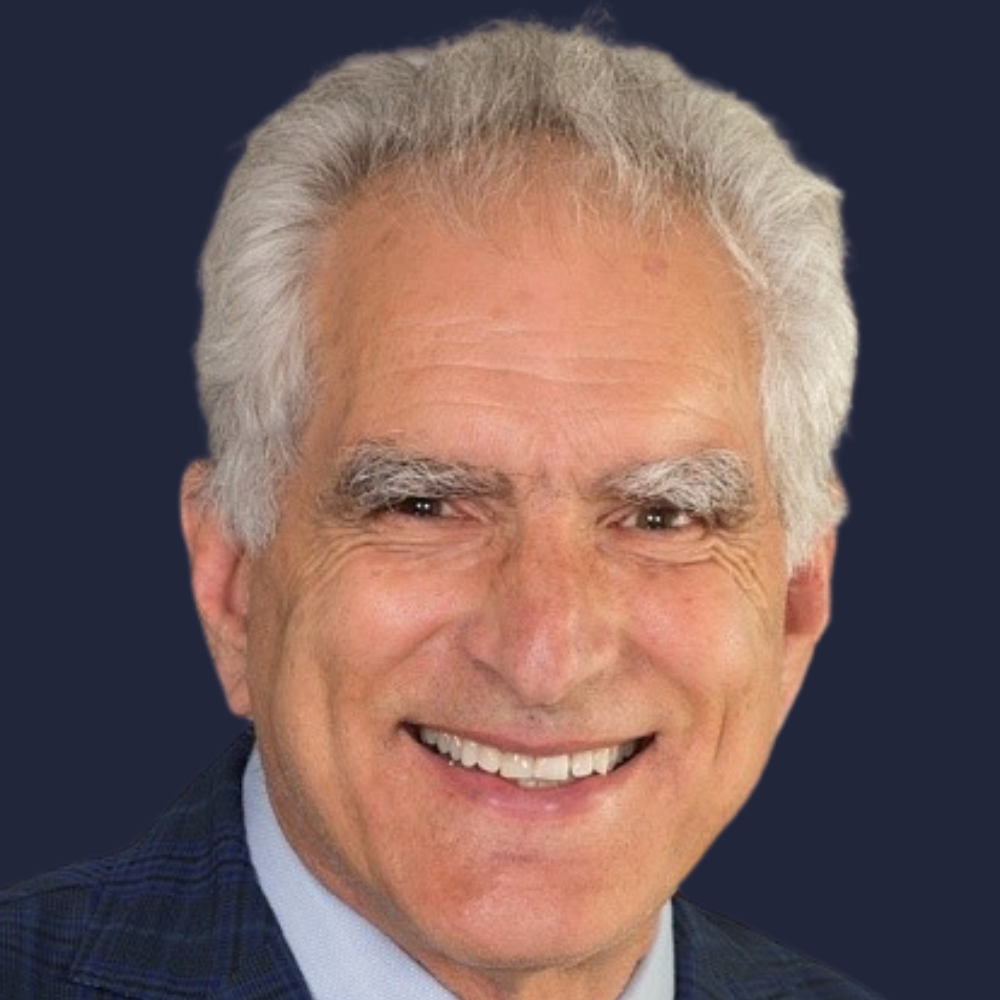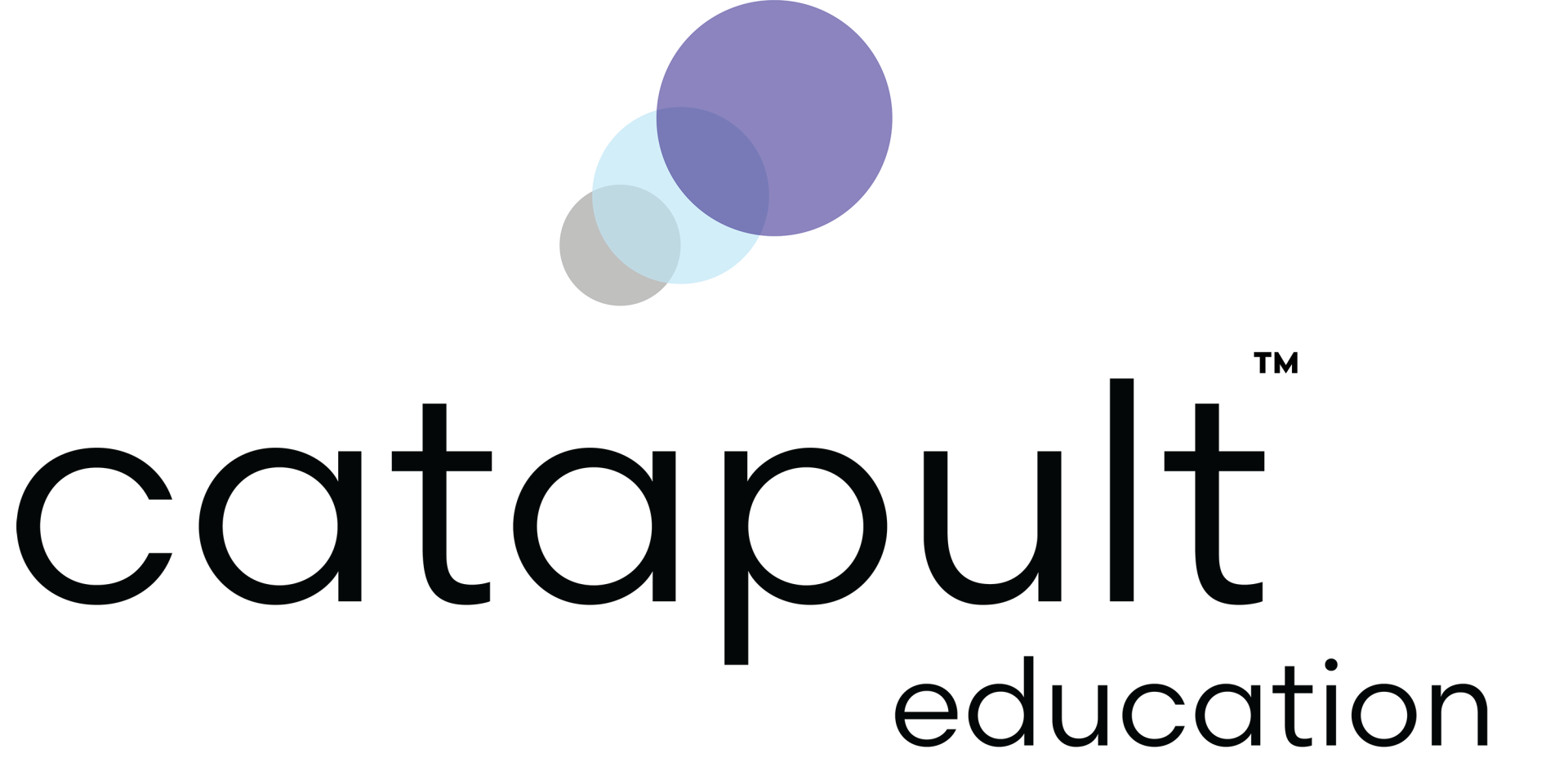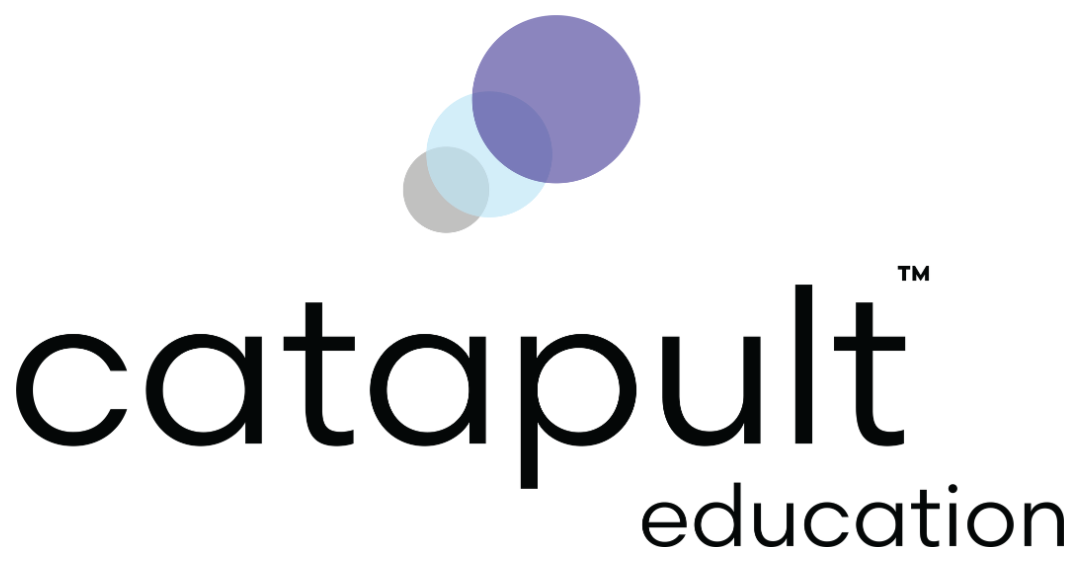Dr. Steven Sadowsky
Prosthodontist
Seattle, WA

Lecture Topics
- Prosthodontics
- Preventive and Restorative Dentistry
- Implants
- Implant Overdentures
- Hypodontia
About Dr. Sadowsky
Dr. Steven Sadowsky is currently a professor in the Department of Preventive and Restorative Dentistry at the University of the Pacific Arthur A. Dugoni School of Dentistry. Previously, he was in full-time private practice limited to prosthodontics for 35 years. Dr. Sadowsky is the former president of the American Prosthodontic Society and the Pacific Coast Society for Prosthodontics, as well as a fellow of the Academy of Prosthodontics and the American College of Prosthodontists.
Dr. Sadowsky is the founder and president of the Pacific Coast Society for Prosthodontic Foundation. He has directed the American College of Prosthodontists Annual Review Course for 5 years and was awarded their Presidential Citation in 2016. He is also a life diplomate of the American Board of Prosthodontists.
In addition to his memberships, Dr. Sadowsky is the Abstract Editor of the International Journal of Prosthodontics and was appointed to the Editorial Council of the Journal of Prosthetic Dentistry. He has published 50 articles in peer-reviewed journals, mainly on implant dentistry. Dr. Sadowsky was honored at Loma Linda University as their 2018 recipient of the Ken Wical Award for Excellence in Prosthodontics and was a visiting scholar at Stanford University in the Jill Helms Research Laboratory (2018-19).
Dr. Sadowsky has edited a book, titled Evidence-based Implant Treatment Planning and Clinical Protocols, and has been invited to author chapters in various textbooks on implant prosthodontics.
Dr. Sadowsky was inducted into the Tau Kappa Omega Honor Society for his teaching skills in 2020. In 2021, the American College of Prosthodontists selected him for the Distinguished Service Award.
In 2022, Dr. Sadowsky’s article, “Are Teeth Superior to Implants” was selected for the Judson Hickey Award in the category for best research article of the year. He has made over 270 presentations, nationally and internationally.
Dr. Sadowsky is the founder and president of the Pacific Coast Society for Prosthodontic Foundation. He has directed the American College of Prosthodontists Annual Review Course for 5 years and was awarded their Presidential Citation in 2016. He is also a life diplomate of the American Board of Prosthodontists.
In addition to his memberships, Dr. Sadowsky is the Abstract Editor of the International Journal of Prosthodontics and was appointed to the Editorial Council of the Journal of Prosthetic Dentistry. He has published 50 articles in peer-reviewed journals, mainly on implant dentistry. Dr. Sadowsky was honored at Loma Linda University as their 2018 recipient of the Ken Wical Award for Excellence in Prosthodontics and was a visiting scholar at Stanford University in the Jill Helms Research Laboratory (2018-19).
Dr. Sadowsky has edited a book, titled Evidence-based Implant Treatment Planning and Clinical Protocols, and has been invited to author chapters in various textbooks on implant prosthodontics.
Dr. Sadowsky was inducted into the Tau Kappa Omega Honor Society for his teaching skills in 2020. In 2021, the American College of Prosthodontists selected him for the Distinguished Service Award.
In 2022, Dr. Sadowsky’s article, “Are Teeth Superior to Implants” was selected for the Judson Hickey Award in the category for best research article of the year. He has made over 270 presentations, nationally and internationally.
Honors and Achievements
Discover Dr. Sadowsky's Latest Courses
Implant Overdentures: Debunking the Myths NEW!
There are 10 myths that have created a false narrative regarding implant overdentures: They are 1) patients prefer a maxillary implant overdenture to a complete denture, 2) patients prefer a fixed implant prosthesis to a removable implant prosthesis, 3) maxillary implant overdentures have a high implant failure rate, 4) no implant anchorage system demonstrates superior maintenance, 5) patients would prefer 4 vs. 2 implants in a mandibular overdenture design, 6) mandibular implant overdentures lead to posterior ridge resorption, 7) immediate loading is only optimal for splinted anchorage systems in mandibular implant overdentures, 8) the 2-implant overdenture is the minimum first choice treatment of the edentulous mandible, 9) digital fabrication of implant overdentures has demonstrated superior results, and 10) improved denture tooth materials have been a game changer for overdentures.
Learning Objectives:
Course Length:
2 Hours
Suggested Audience:
This program is designed for general practitioners, specialists, and allied dental professionals
Learning Objectives:
- Understand how the misconceptions about implant overdentures have limited treatment and framed patient biases
- Become familiar with the outcomes of maxillary implant overdentures and the design considerations that improve prognosis
- Become knowledgeable with the outcomes of mandibular implant overdentures and the design considerations that improve prognosis
- Understand the outcome of digital fabrication of implant overdentures
- Become conversant with material science advances to reduce denture teeth wear
Course Length:
2 Hours
Suggested Audience:
This program is designed for general practitioners, specialists, and allied dental professionals
Demystifying Complete Dentures NEW!
A diagnostic review of the edentulous patient should include a systemic and psychosocial analysis, a soft/hard tissue and radiographic examination, a history of previous removable prostheses and assessment of the present denture, if pertinent. The American College of Prosthodontists Diagnostic Index will reflect the complexity of the complete denture treatment. A classic analog procedure will be presented with preliminary impressions, definitive impressions, maxillomandibular relations, anterior try-in, anterior/posterior try-in and placement appointment. An overview of a digital denture workflow will also be described. Troubleshooting of post-insertion problems will be elucidated.
Learning Objectives:
Course Length:
Half day
Suggested Audience:
This program is designed for general practitioners, specialists, and allied dental professionals
Learning Objectives:
- Become familiar with the diagnostic work-up of an edentulous patient
- Understand predictable techniques in impression taking, maxillomandibular relations, esthetic arrangement of anterior teeth, occlusal stability and schemes, and the delivery of processed complete dentures
- Review the steps in fabricating a digital denture
- Develop a sound knowledge in how to troubleshoot post-insertion problems
Course Length:
Half day
Suggested Audience:
This program is designed for general practitioners, specialists, and allied dental professionals
Evidence-based Implant Treatment Planning for the Partially Edentulous Patient NEW!
A survey of dental practitioners revealed that the number one concern in implant dentistry is appropriate treatment planning. Outcome measurements have changed from implant survival to patient satisfaction and therefore have placed a premium on evidence-based differential treatment planning. A growing body of longitudinal studies has illuminated the comparative prognoses of various implant and conventional restorative options for our patients. With these options, the dental practitioner faces many questions. Should we restore an edentulous space with an implant or a conventional fixed partial prosthesis. Do implant prostheses have more aftercare burden than conventional restorations? When three teeth are missing, should we place one implant per tooth, or could we place two implants to support a fixed partial prosthesis or even a cantilever prosthesis? Are short implants a viable option, even when the crown to implant ratio is up to 2 to 1? Should adjacent implants be splinted to preserve marginal bone? Can tilted implants be used to circumvent sinus augmentation? Do narrow implants have a place in the posterior arch as well as in the anterior sextant? When considering screw-retained or cement-retained implant restorations, what are the guidelines for optimal design? What cements are best? When considering salvaging periodontally compromised teeth in compliant patients, is it best to extract and place implants or maintain the teeth? This presentation will help guide practitioners in answering these questions for the partially edentulous patient.
Learning Objectives:
Course Length:
Half day
Suggested Audience:
This program is designed for general practitioners, specialists, and allied dental professionals
Learning Objectives:
- To understand evidence-based criteria for differential treatment planning implant restorations for partially edentulous patients
- To become familiarized with systemic, local and patient-related factors
- Clinical protocols for implant restorative treatment
- Avoidance of complications to improve the quality of implant treatment
Course Length:
Half day
Suggested Audience:
This program is designed for general practitioners, specialists, and allied dental professionals
Evidence-based Treatment Planning for the Completely Edentulous Patient NEW!
For the edentulous patient, fundamental principles of complete denture prosthodontics serve as the basis for differential treatment planning both fixed and removable implant prostheses. Understanding the relevant extraoral and intraoral landmarks to assess where the teeth once were is essential for esthetic, phonetic and occlusal harmony. How to create an authentic and esthetic arrangement of the anterior teeth will be amplified. Both clinician- and patient-mediated considerations dictate the optimal design of an implant prosthesis. The overdenture, fixed complete denture and crown and bridge prosthetic designs have different indications and requirements considering the bony architecture, implant number and array. Various prosthetic materials will be discussed. A digital workflow using a 3D printed polymer will be demonstrated for the interim complete arch fixed implant prosthesis. This course will address evidence-based prognoses of implant survival, prosthetic stability and maintenance.
Learning Objectives:
Learning Objectives:
- Understand complete denture principles as the foundation of implant prosthetic planning
- Become familiar with clinician- and patient-related factors that determine design of implant prostheses
- Learn the benefit of various material choices for implant prostheses
- Understand a digital workflow for complete arch fixed implant prostheses
- Review the prosthetic maintenance of various implant designs
Course Length:
Half day
Suggested Audience:
This program is designed for general practitioners, specialists, and allied dental professionals
Half day
Suggested Audience:
This program is designed for general practitioners, specialists, and allied dental professionals
Hypodontia NEW!
The presentation will define the most common dental malformation and present data on its incidence and etiology. Relevant associations with other dental and non-dental anomalies will be discussed. A psychological profile and the functional impact of patients with hypodontia will be elucidated. Treatment will include orthodontic care with the combination of either conventional or implant rehabilitation.
Learning Objectives:
Course Length:
1.5 Hours
Suggested Audience:
This program is designed for general practitioners, specialists, and allied dental professionals
Learning Objectives:
- Understand the etiology and incidence of hypodontia
- Become familiar with the dental and non-dental anomalies associated with hypodontia
- Appreciate the psychological impact and functional deficit experienced by hypodontia patients
- Become conversant with the treatment options for hypodontia depending on the presenting malformation and age of patient
Course Length:
1.5 Hours
Suggested Audience:
This program is designed for general practitioners, specialists, and allied dental professionals
Book Dr. Sadowsky for a live lecture, workshop, or virtual event today.


